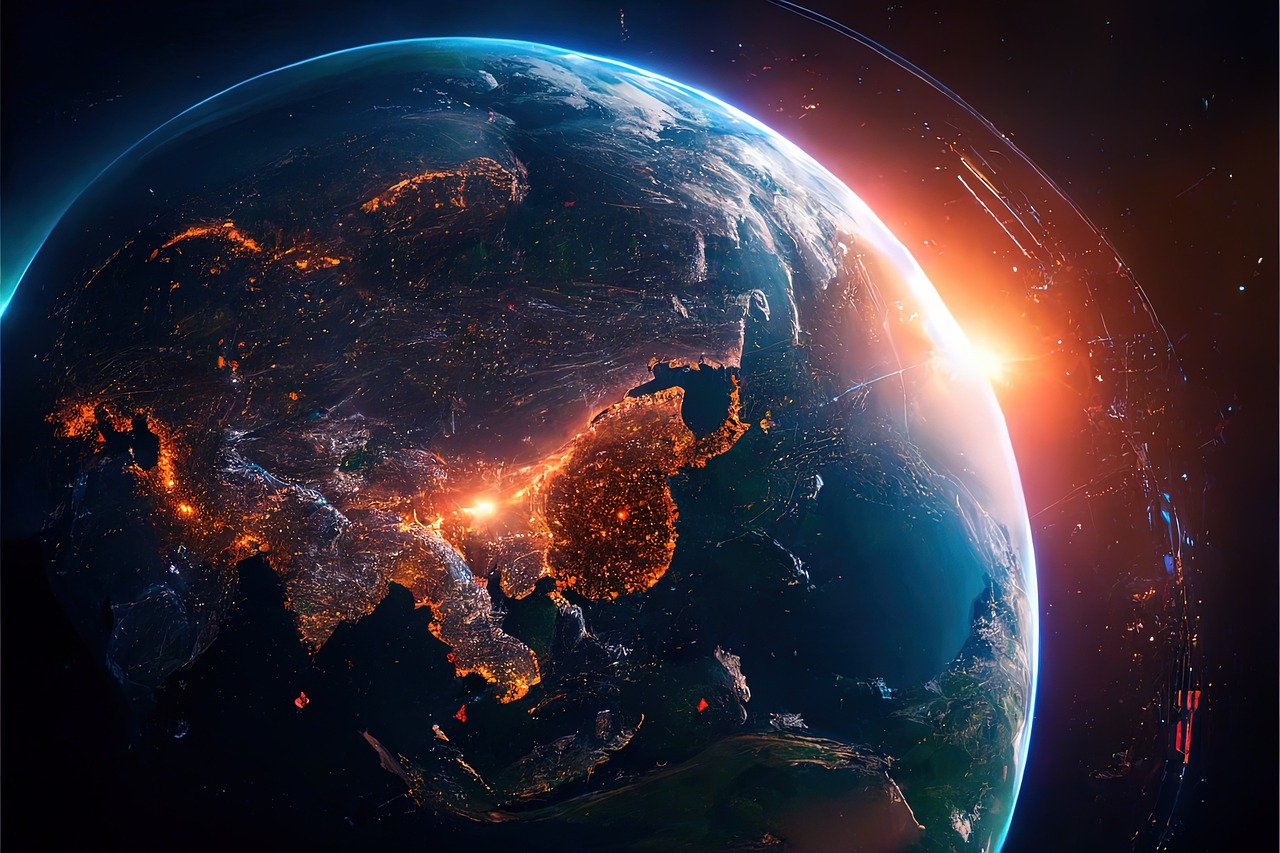



In the context of the ongoing rivalry between the United States and China, the possibility of achieving global peace in the 21st century has become a pressing topic of discussion. Mark Lesseraux, in a recent analysis, argues that despite the current conflicts, there is a real opportunity for world peace, particularly as we move towards a multipolar world where power is distributed among various nations rather than dominated by a single superpower [5a557c69].
The U.S.-China rivalry has escalated from economic competition to a broader geopolitical struggle, impacting global stability. As both nations vie for influence, their actions have significant repercussions on international relations, trade, and security [e0118064]. Lesseraux notes that since the end of the Cold War, particularly post-1991, the unipolar dominance of the U.S. has waned, paving the way for the rise of BRICS nations, including China, India, and Russia, which now collectively boast a larger GDP than the G7 [5a557c69].
This shift towards a multipolar world presents an opportunity for nations to collaborate on global challenges, fostering a climate of peace and reconciliation. Lesseraux critiques U.S. foreign policy, suggesting that its unilateral approach has often alienated other countries and hindered the potential for cooperative international relations. He advocates for the U.S. to align itself with the emerging multipolarity, moving away from neoconservative strategies that prioritize military intervention and dominance [5a557c69].
The ongoing tensions between the U.S. and China, particularly in trade and technology, highlight the need for mutual respect and cooperation. The recent meeting between President Xi Jinping and U.S. President Joe Biden emphasized the importance of dialogue in addressing territorial ambitions and economic strategies, yet the ideological battle continues to complicate relations [96d0a955].
Experts warn that the prolonged conflict could have significant costs for emerging economies, which are heavily reliant on trade with both nations. The total trade between China and the U.S. exceeds 660 billion USD, with American companies deeply integrated into the Chinese market [c0ed9556]. As global supply chains adjust to these tensions, countries like Vietnam and India are becoming attractive alternatives for investment, further highlighting the shifting dynamics of global trade [4d9a36e9].
In this evolving landscape, Lesseraux's call for a shift towards peace and reconciliation resonates strongly. He emphasizes that fostering better relations through cultural and educational exchanges can help mitigate the risks associated with the U.S.-China rivalry, ultimately contributing to a more peaceful global environment [5a557c69]. As the world navigates these complex geopolitical waters, the potential for a cooperative and peaceful future remains within reach, contingent upon the willingness of nations to embrace a multipolar approach to international relations.